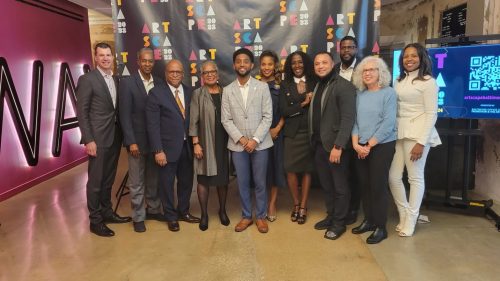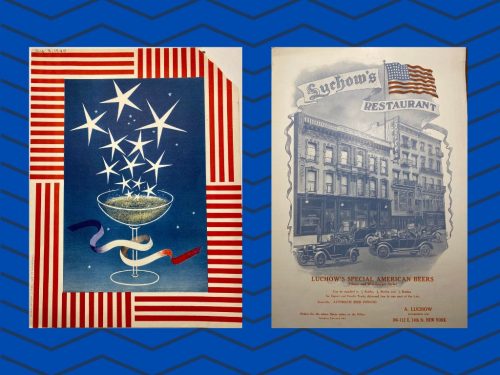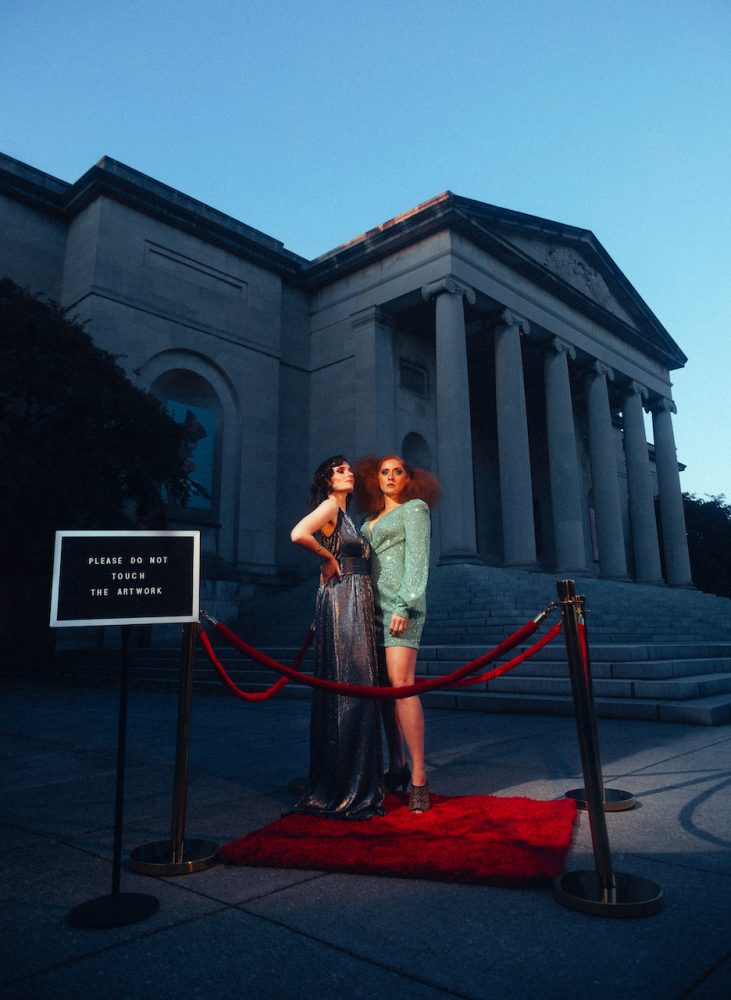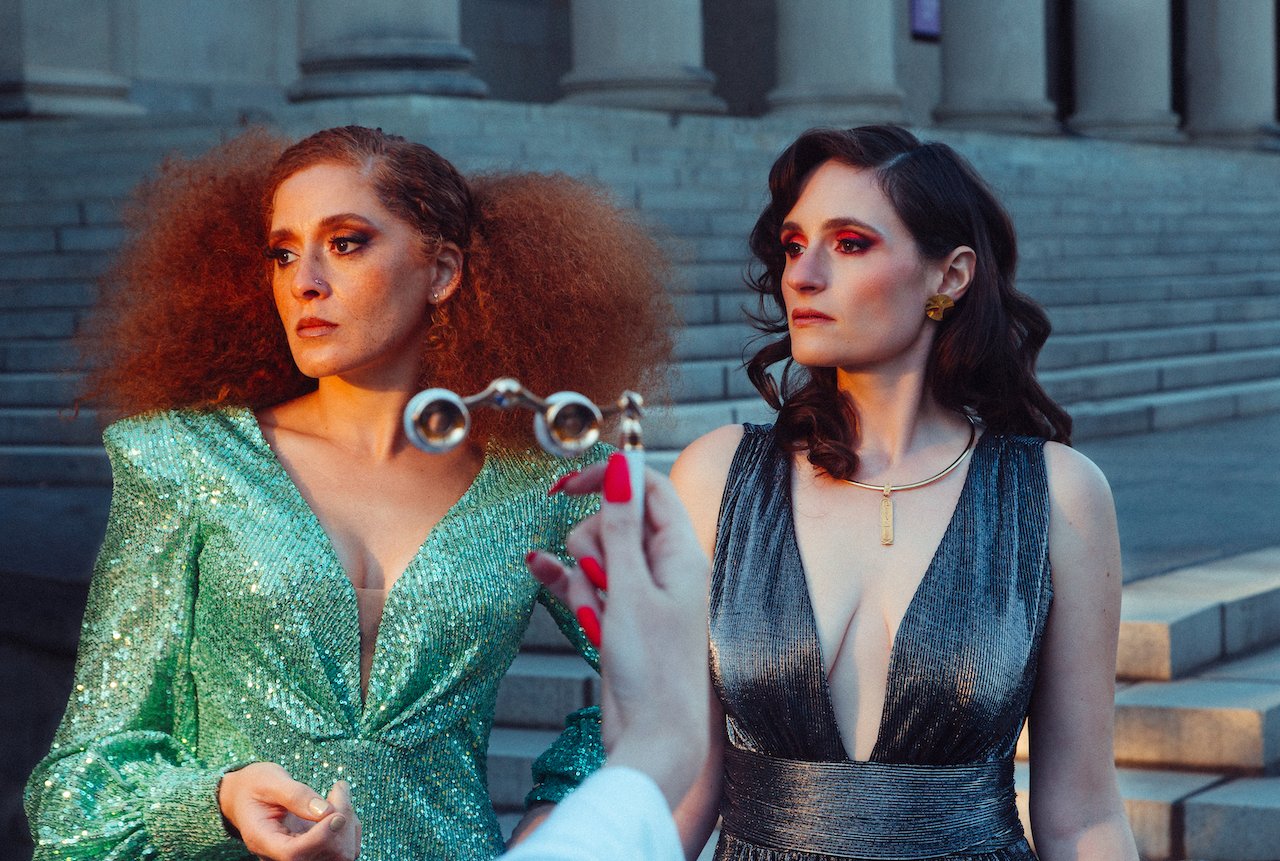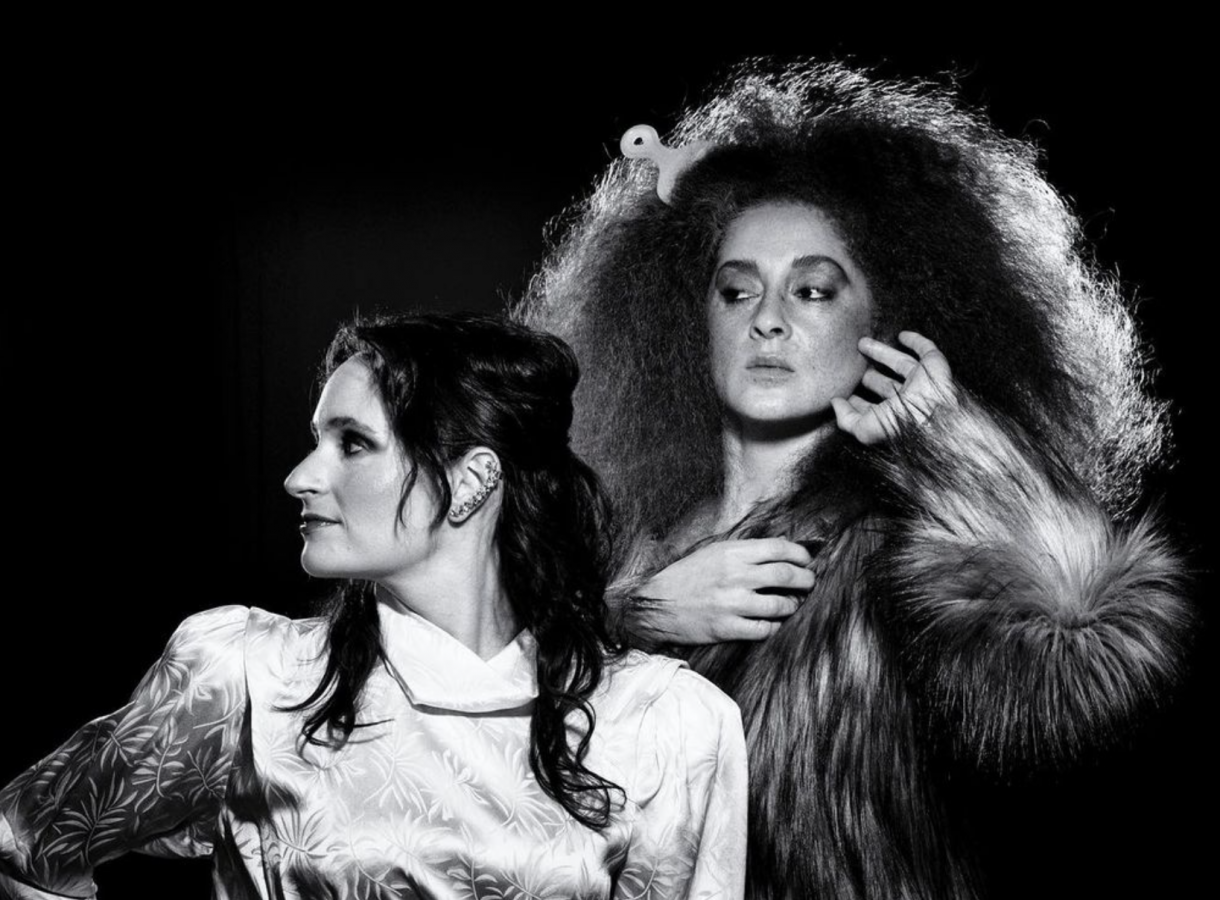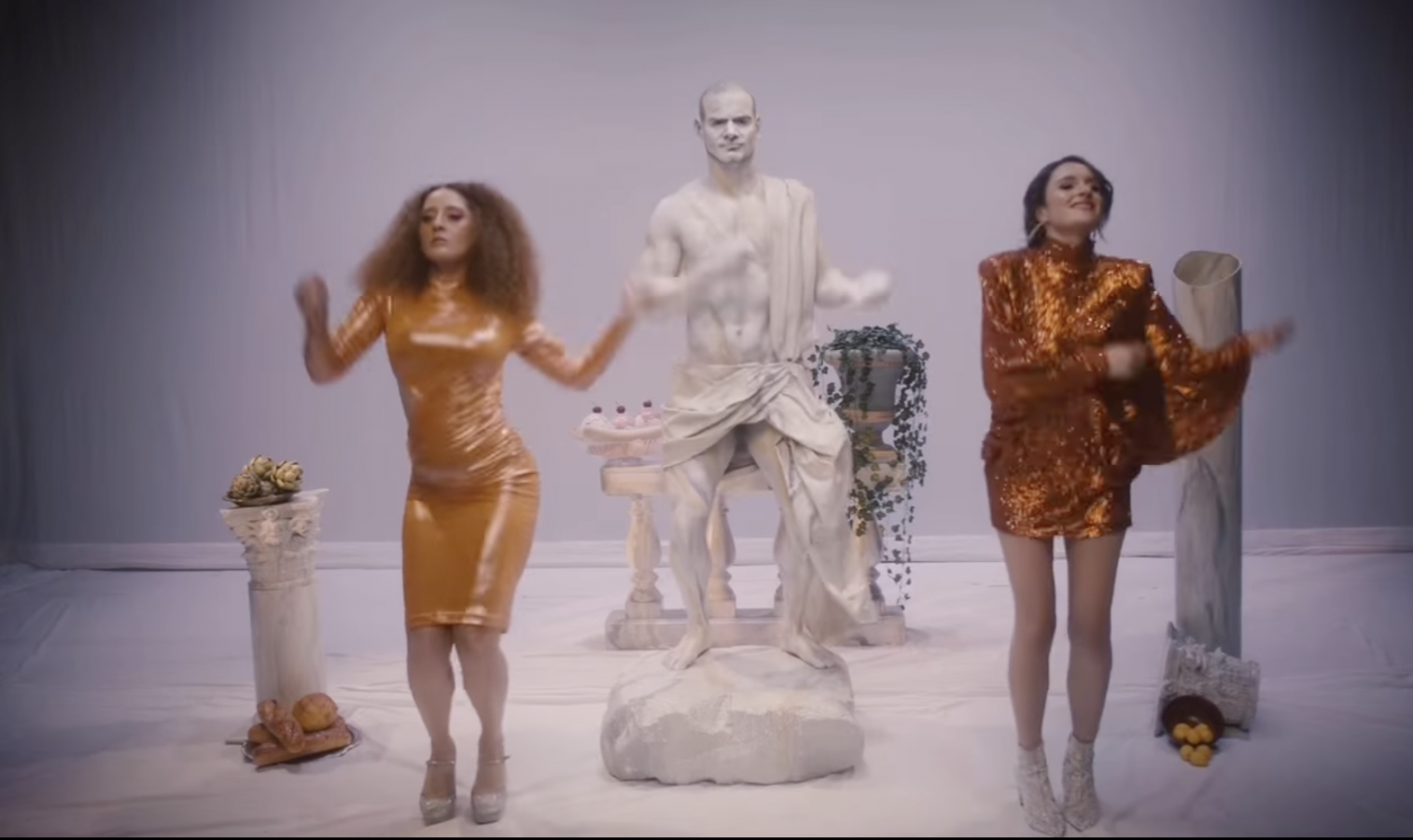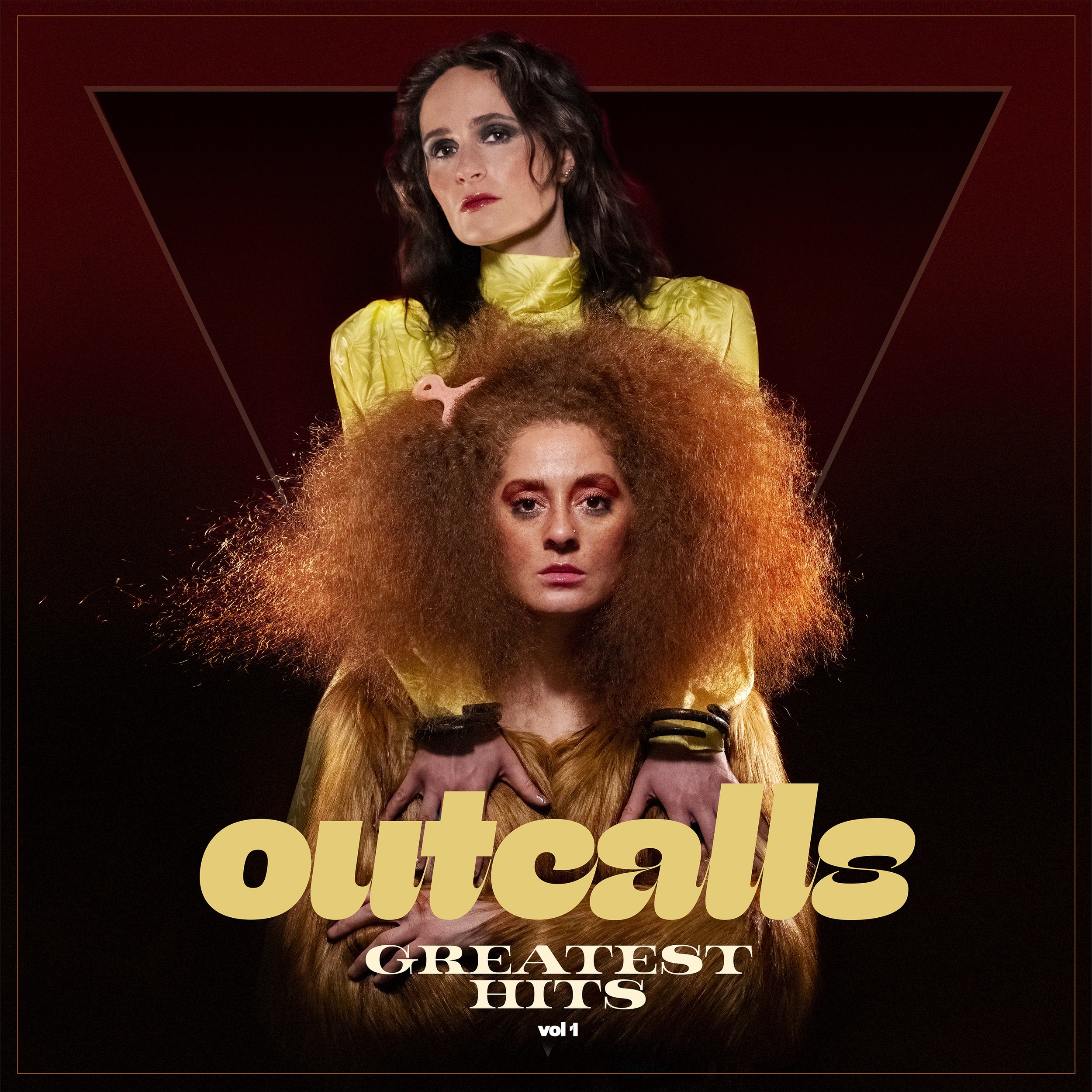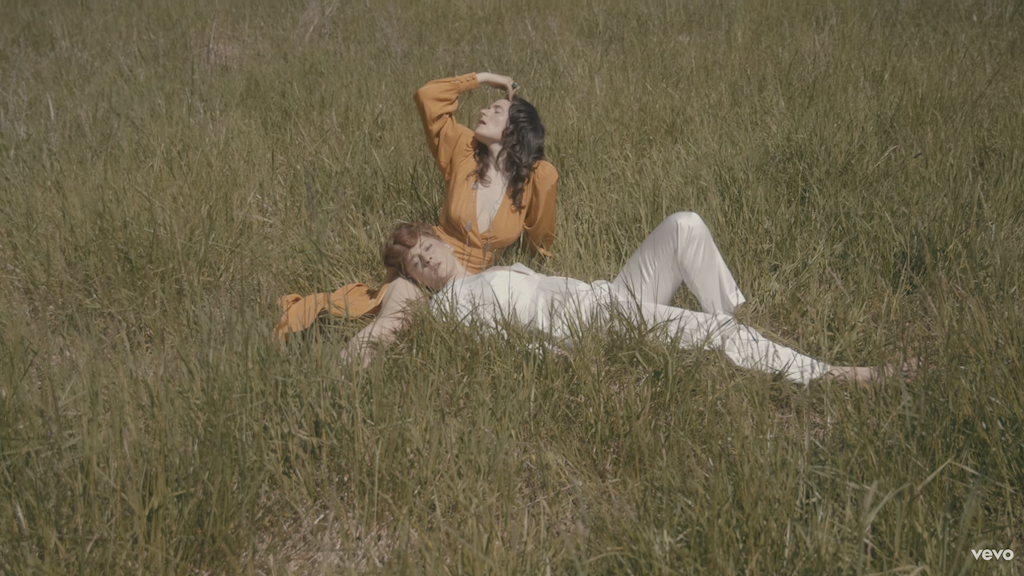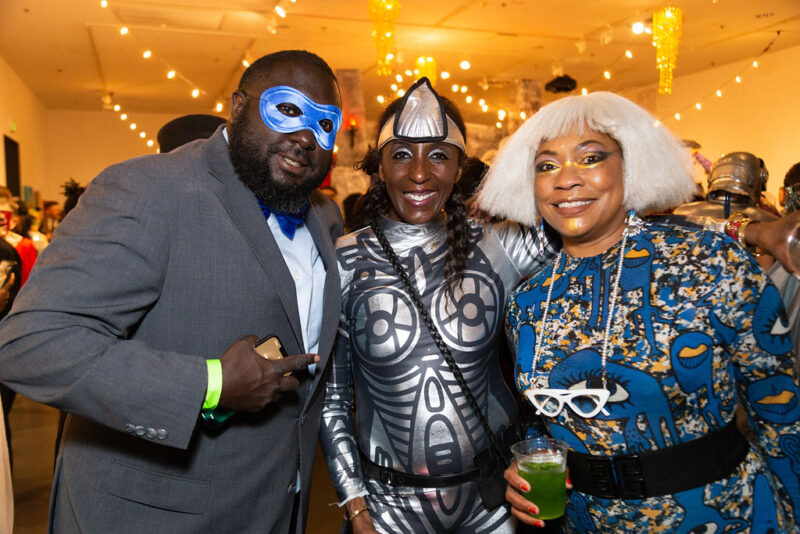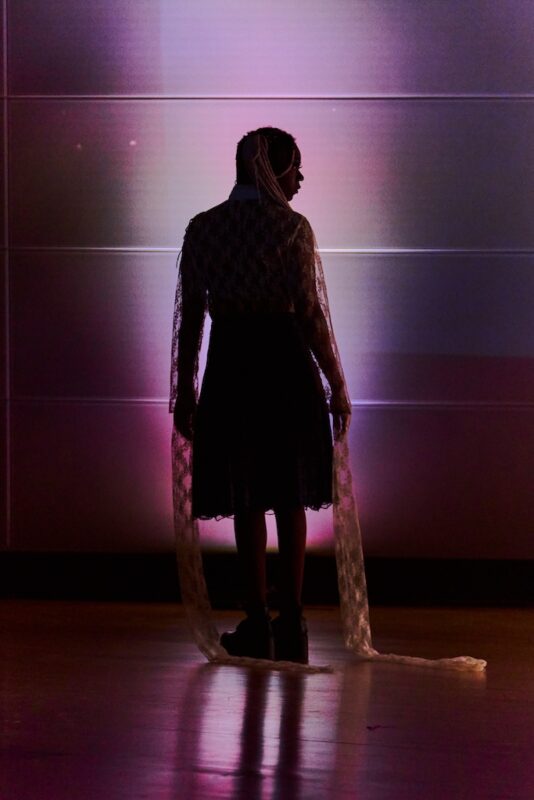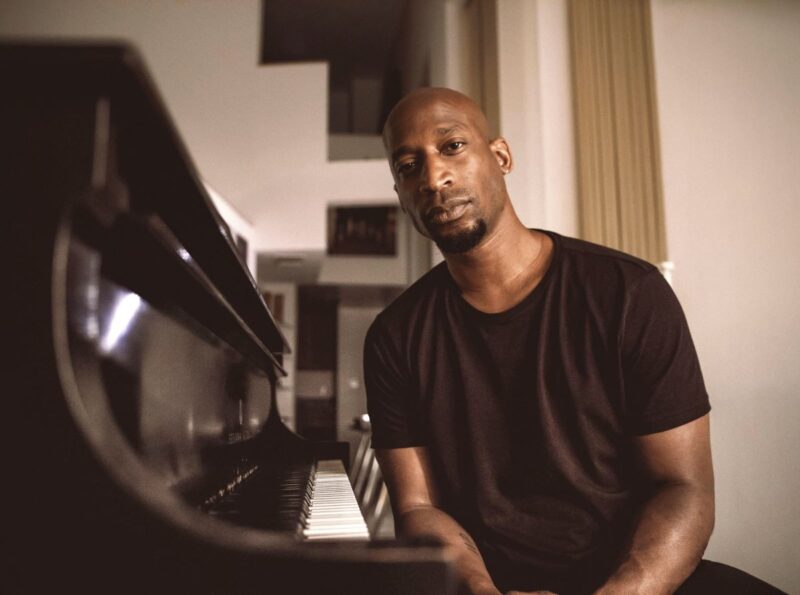In musicology terminology, “feminine endings” refers to a phrase or movement that ends in an unstressed note or weak cadence. In the book Feminine Endings: Music, Gender and Sexuality, author Susan McClary begins to break the myth of femininity in musicology. She uses the standpoint of feminism and cultural studies to pioneer new considerations of sex, gender, and sexuality in music, known as the birth of “new musicology,” where musical semiotics, cadence, tonality, musical theme, and cyclical structure are used as analytical tools to criticize classical musicology. McClary points out that classical music extols the expression of “masculinity” and depreciates the expression of “femininity,” thus strengthening the construction of social gender and affecting the structure of the entire history of Western music.
For me, the Baltimore’s neo-opera duo, Outcalls, clearly evokes McClary’s gender dialectic and ideas about classical music. After the release of the new single, “Holiday Ex-Lover,” and listening to their latest album, “Greatest Hits, Vol. 1,” I took the opportunity to interview Outcalls, the electronic opera queens from Baltimore, now comprised of Melissa Wimbish and Britt Olsen-Ecker.
The two members of Outcalls are classically trained, but they use their singing and musical skills with the creativity of pop rhythms to gently choke the patriarchy with their beautiful voices. Their songs embed their experiences of being dwarfed because of gender in both classical and modern music industries.
Some recent history: Outcalls was initially formed by Evan Kornblum and Jeff Bucklew; newer members Melissa Wimbish and Britt Olsen-Ecker performed singing telegrams around the city such as the Valentonez and pop covers under the stage name of PBJamz before joining Outcalls. The band later regrouped, and Melissa and Britt decided to keep the band name Outcalls, growing new forms for their music ever since. Their 2017 EP “No King,” which gave full play to their own musical heritage as contemporary classical meets electronic and pop music, features both their voices creating a beautiful flow that is invigorating and unbinding.
Although Melissa and Britt have only been together for five years as Outcalls, their latest album, released in February 2022, is titled “Greatest Hits, Vol. 1.” The album also features a collaboration, in which they created a new song with Baltimore-based queer musician Kotic Couture.
The danceable baroque-pop melody of the album and the unrestrained soprano that appears from time to time is so refreshing to listen to—not to mention their humorous lyrics that are infused with praise for womanhood and point out the ubiquitous phenomenon of misogyny. As Melissa said in this interview, “we have a shitload of great hits, and it’s important right now, especially for women in this industry, to put themselves out there and be confident to say our shit is good, period.”
